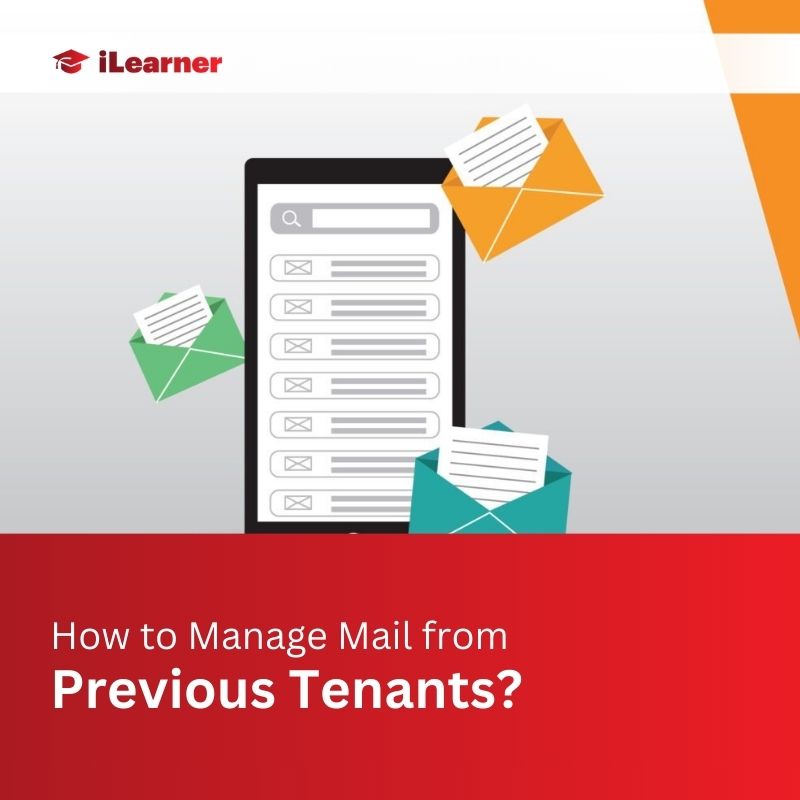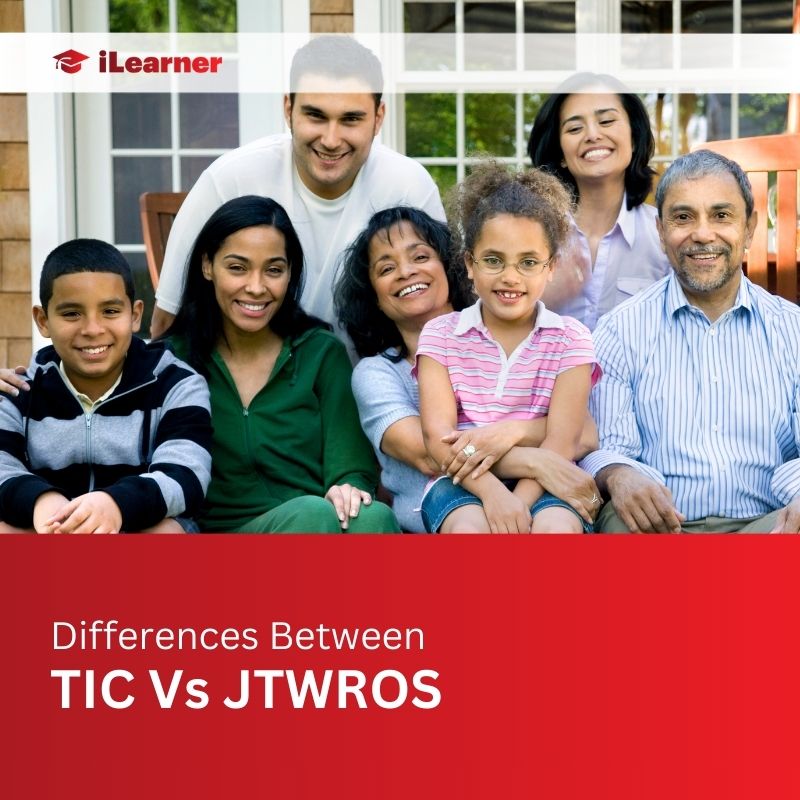Real estate investment is a lucrative venture, but the path to success is paved with numerous decisions. One critical choice is whether to manage your properties independently or enlist the services of a professional property manager. Understanding the costs associated with hiring a property manager is paramount for informed decision-making.
In this comprehensive guide, we’ll delve into the intricacies of property management fees, additional charges, factors influencing costs, and whether the expense is justified.
Property Management Fee Structures:
Percentage-Based Fees:
Property management companies typically charge a percentage of the monthly rent collected. This fee, ranging from 8% to 12%, is a direct reflection of the value provided by the property manager. For instance, if your property generates $1,200 per month, a 10% fee would amount to $120.
Fixed Monthly Fees:
Some property management companies opt for a fixed fee structure based on factors such as property type, square footage, and the services provided. While a flat fee, say $100 for a single-family home, may seem appealing, it’s essential to consider whether this model aligns with your long-term goals and the manager’s motivation to maximize rental income.
Additional Property Management Charges:
Contract Setup Fees:
Initiating a partnership with a property management company often incurs a one-time setup fee, typically around $300. This fee covers essential elements such as creating your account, opening a bank account if needed, applying for licenses, and conducting an initial property inspection. Additionally, it encompasses the coordination of transitioning from a previous management company.
Managing Vacant Properties:
Vacant properties pose unique challenges, requiring more attention from property management. Weekly inspections to prevent break-ins or address unforeseen issues contribute to additional costs during vacancy periods.
Leasing Vacant Property:
While there are free rental listing platforms, leasing a vacant property might involve fees from property management companies. This fee, equivalent to half to one month’s rent, accounts for the effort in finding and securing a new tenant.
Late Payment Service Charges:
Property managers may retain a portion (25% to 50%) of late fees collected from tenants who fail to pay on time. This compensates for the additional effort required to chase after tenants for unpaid rent.
Repairs and Maintenance:
Reputable property management companies have a network of trusted vendors, offering preferred pricing. However, it’s crucial to inquire about any mark-ups on labor and supply costs. For substantial property updates, a project management fee, typically around 10% of the project value, may be charged to ensure quality work.
Routine Inspection Fees:
Routine inspections, recommended every three to six months, are crucial for property upkeep. Some companies may conduct semi-annual inspections at no extra cost, while others might charge for each inspection or offer a lower monthly management fee in exchange.
Evictions and Collections:
Though infrequent, eviction situations demand attention. Larger property management companies may handle evictions in-house, while others may contract the work to specialized law firms. Expect a fixed eviction fee (around $500) plus applicable legal fees. Collections agencies and attorneys, when involved, often charge a collections fee of about 50% of the money collected.
Contract Termination Fee:
Early termination of a property management contract, unless justified by the manager’s breach of agreement, can incur termination fees. These fees vary widely, ranging from one month of lost income to potential legal actions.
Factors Affecting Property Management Fees:
Various factors influence the amount of property management fees:
Type of Property:
Differences exist in managing single-family homes, multi-family buildings, or short-term rental properties. Each type demands varying levels of attention and effort from property managers.
Size of Property:
The number of units, square footage, or bedrooms in a property influences the workload for property managers. A small multifamily building may require more intensive management than a single-family home.
Property Condition:
Older properties generally necessitate more repairs and maintenance than newer, updated homes. Understanding the property’s condition is vital for accurate cost assessments.
Neighborhood Rating:
The quality of the neighborhood plays a crucial role. Higher-rated neighborhoods attract better tenants and often result in fewer issues compared to areas with poor school districts and limited amenities.
Full-Service vs. A La Carte Pricing:
Property management companies may offer a lower monthly fee for basic services (rent collection, maintenance requests) and charge separately for repairs, inspections, and lease renewals. Understanding this pricing model is essential for budgeting.
Market Competition:
Property management fees can vary based on market competition. In smaller markets with fewer choices for landlords, fees may be higher due to limited options.
Is Hiring a Property Manager Worth the Cost?
The decision to hire a property manager hinges on various considerations:
Property Management Needs:
Evaluate your specific needs as a real estate investor. Remote investors may benefit significantly from local management, while local property owners might consider managing on their own.
Cost vs. Time Savings:
Consider the time commitment involved in managing a property independently. Savings on time can be redirected towards analyzing growth opportunities and expanding your real estate portfolio.
Pros and Cons of Self-Management:
Understand the potential challenges of managing properties independently. While cost savings might be apparent, issues such as contractor responsiveness and legal compliance should be carefully considered.
Finding a Property Management Company:
When the decision to hire a property manager is made, finding the right one is crucial:
Referrals and Recommendations:
Ask for referrals from real estate professionals, lenders, inspectors, and agents within your investment network.
Online Resources:
Explore online resources such as the National Association of Residential Property Managers (NARPM) or vetted platforms like Roofstock to find reputable property management services.
Vetting Property Management Services:
Consider the reputation, performance, and reviews of potential property management companies before entering into a partnership.
Conclusion:
In conclusion, navigating the costs of property management requires a thorough understanding of fee structures, additional charges, and the factors influencing these costs. While the financial investment may seem significant, the long-term benefits, including time savings and optimized property value, often outweigh the costs. Making an informed decision about hiring a property manager is essential for the success and growth of your real estate investment portfolio.
Also Read:




